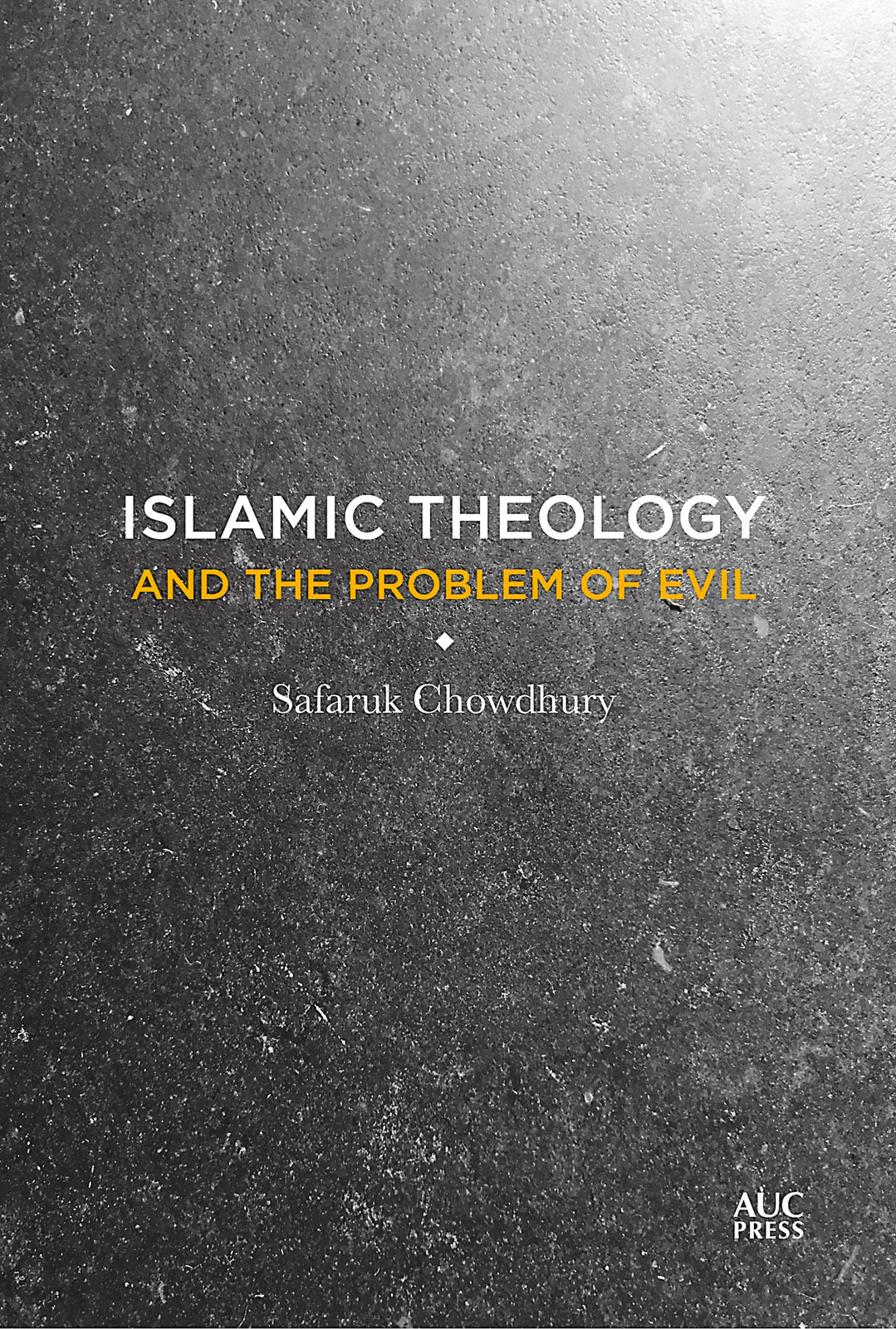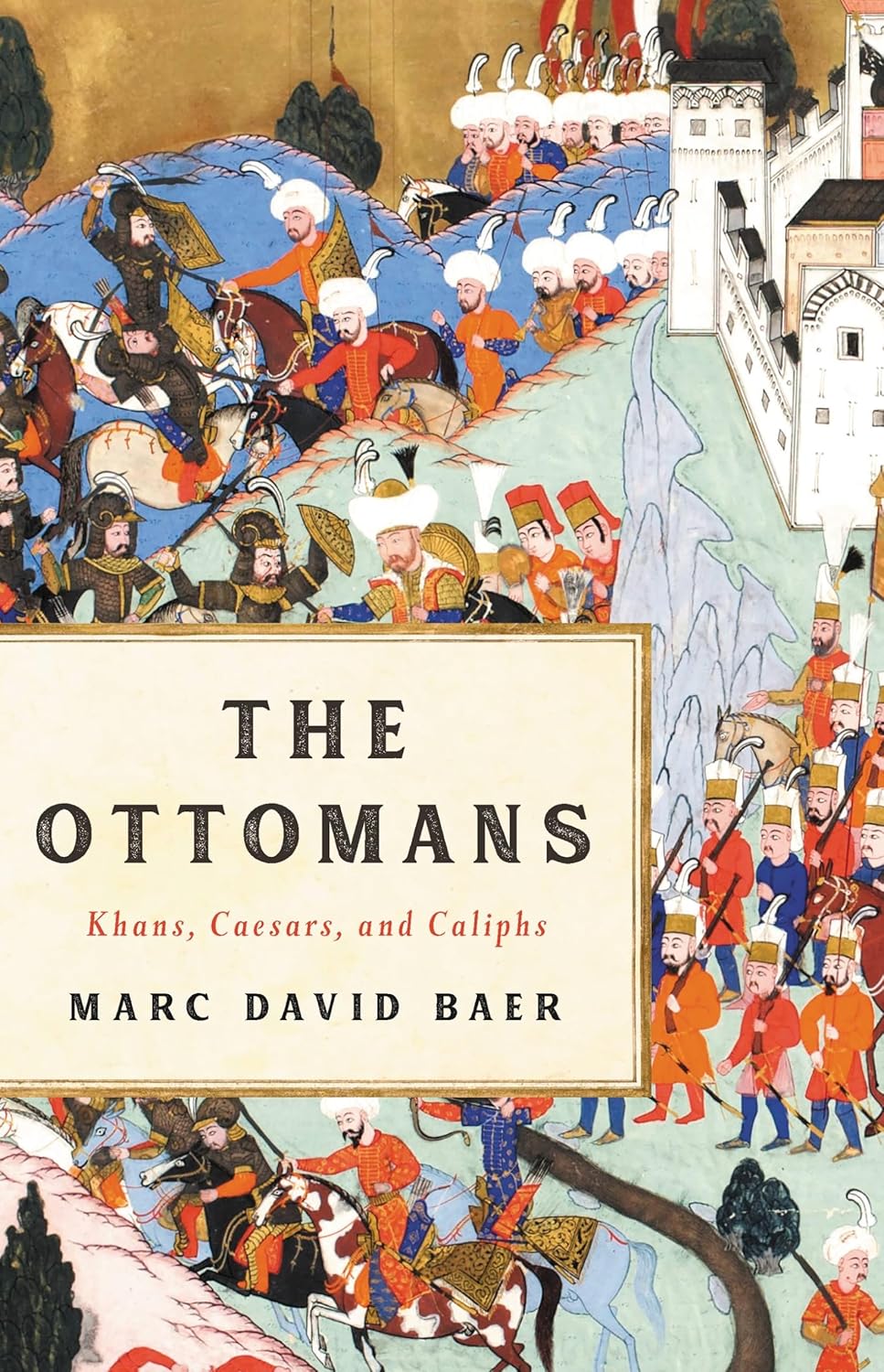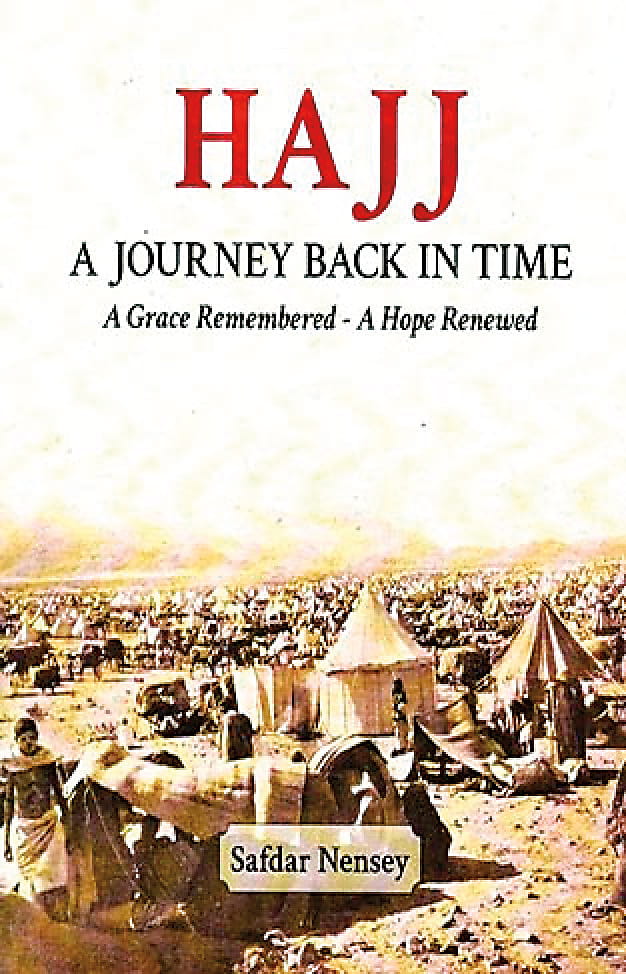
Islamic Theology and the Problem of Evil
Dianna Wray
Safaruk Chowdhury.
AUC Press, 2021.
“The problem of evil broadly conceived is the challenge of attempting to reconcile the existence of evil and imperfection in the world with commitment to the positive existence of justice, goodness, and harmony.”
—From Islamic Theology and the Problem of Evil
You may also be interested in...

Ottoman Origins, European Echoes
A bold reframing of how Ottoman governance shaped European ideals before Europe claimed them.
Hajj: A Journey Back in Time: A Grace Remembered-A Hope Renewed
Safdar Nensey's Hajj: A Journey Back in Time invites readers into one of the world's oldest and most sacred annual expeditions: the Muslim pilgrimage to Makkah.